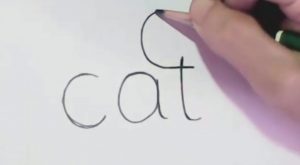 What big words, Sophie… ugh. Mental representation? huh? ((We could say safely, that until you can visualize what you say you want to do, you won’t do it, or you won’t do it well. Procrastinators are especially weak in mental representation skills… that is probably why they procrastinate.))
What big words, Sophie… ugh. Mental representation? huh? ((We could say safely, that until you can visualize what you say you want to do, you won’t do it, or you won’t do it well. Procrastinators are especially weak in mental representation skills… that is probably why they procrastinate.))
But it is important to understand what your words mean, the words you use.
I am not sure what understanding is… I never use this word about myself. I either get it or I don’t. I either see it or I don’t. And something I cannot see how it connects to other things… but I don’t use my “mind” to approach things.
 I have been attempting activating “mental representation” for myself… and today, for some weird reason, I got an insight: I really DO mental representation as a kinesthetic experience: I feel it. I walk around it, I walk inside it, I try to push some walls… the way I did it when I was an architect. I see with my feelings. Not emotions… no. Senses… feelings. Space, position, touch, temperature, energy…
I have been attempting activating “mental representation” for myself… and today, for some weird reason, I got an insight: I really DO mental representation as a kinesthetic experience: I feel it. I walk around it, I walk inside it, I try to push some walls… the way I did it when I was an architect. I see with my feelings. Not emotions… no. Senses… feelings. Space, position, touch, temperature, energy…
I have two students who are mainly kinesthetic, like myself, and they do better than others in my course, the Playground. What they do in their lives has a lot of doing, touching, smelling, moving component. So I speak their language.
The most important element of a mental representation for me is to see, to feel the way things are connected, the way things interact, the way things move.. or don’t.
I have to translate every teaching to my language, or I won’t get it.
Most people teach/speak mind-language, or sometimes visual language… and they don’t connect well to kinesthetic.
Both languages have a huge tolerance to things to be left out, or being approximate, or imaginary… most things those teaching folks don’t even realize, because when you look at a picture, for example, it is hard to see that something is missing… unless, of course, it is obvious. But mostly it isn’t obvious.
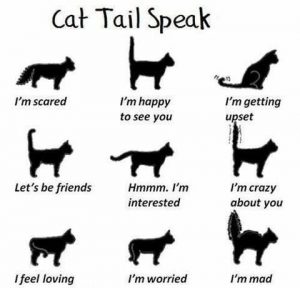 It is very difficult to do anything well that you don’t have the correct mental representation for.
It is very difficult to do anything well that you don’t have the correct mental representation for.
This is the place where T. Harv Ecker’s pithy saying is really valuable: When something isn’t working, there is something that you don’t know.
Harv’s story is really instructive. For a long time, till his 30’s, I think, he was an utter failure in business. He started many businesses and failed in every one of them.
Every one of those businesses could have succeeded… but something was missing. Something that other people saw, but he didn’t.
Frank’s Kern’s story fills in some things that could have been missing, in his Core Influence video. Frank was already making a lot of money, but was utterly miserable. So he looked at what he wanted to have in his life, who he wanted to do business with, and he changed the piece that made him miserable. He created a mental representation of his life… and saw what parts didn’t work.
It is not always easy to find what is the thing that is missing, or faulty, especially because we humans are not in the habit of searching for what’s missing in a systematic way.
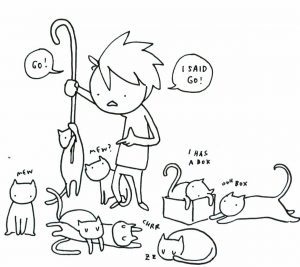 In my What’s Missing workshop that I run occasionally, more often than not, a lot of the missings are revealed, together with things, activities, expectations, attitudes, misconceptions that are there plugging up the works.
In my What’s Missing workshop that I run occasionally, more often than not, a lot of the missings are revealed, together with things, activities, expectations, attitudes, misconceptions that are there plugging up the works.
Some people want life to work, but they cannot bring anything much to it. They have no skills. Others have one missing thing that once they put that in… the whole things starts to work.
I was just listening to three partner calls, people in the Playground, using just some of the distinctions, systematically, all six participants, three pairs, are getting closer and closer to pinpoint the one thing that they didn’t know about themselves, the one thing that when you are aware of it, life turns out completely different.
This is the real value in distinctions: they are very very very precise, like a linchpin, like an axle, like the thing around everything can turn.
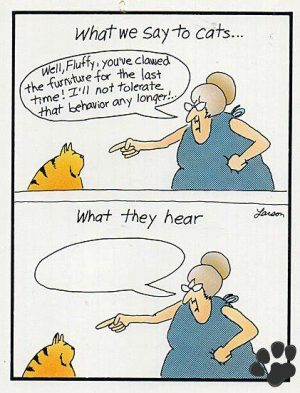 What is missing is always in your blind spot. Distinctions shed light on your blind spot. They point to what you didn’t know that you didn’t know.
What is missing is always in your blind spot. Distinctions shed light on your blind spot. They point to what you didn’t know that you didn’t know.
What is the source of all power always comes from the area of knowledge, that you didn’t know that you didn’t know.
Distinctions are like dots in a printed photo… the more dots you have the clearer the picture gets. you can see the background, the context, the intention, the barriers, the attitudes… and the more you can see the clearer it becomes how you trip yourself so your life is less than fulfilling.
Learning new distinctions never stops. I am now listening to the talks of a clinical psychologist, in Hungarian, talking about stuff I have been foggy about. For example the many different ways one can be afraid. Fear, anxiety, anguish, terror, fright, fearfulness, horror, alarm, panic, agitation, trepidation, dread, consternation, dismay, distress, worry, concern, apprehension, apprehensiveness, consternation, uneasiness, unease, fearfulness, fear, disquiet, disquietude, perturbation, fretfulness, agitation, angst, nervousness, nerves, edginess, tension, tenseness, stress, misgiving, trepidation, foreboding, suspense, etc.
Each word is a distinction… and yet, when I talk to people, they call everything fear or anxiety.
When you manage to pinpoint what you are feeling, you can, so to say, take the feeling in your hand and look at it, like children look at bugs, and be fascinated by it.
But if you call it another name, nothing happens, because the feeling won’t respond to the wrong name. If someone said: Suzy, listen up… I would not think they are talking to me. My name is Sophie… after all.
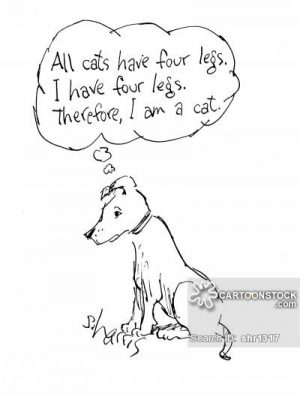 So yeah, precision. Accuracy. Vocabulary.
So yeah, precision. Accuracy. Vocabulary.
One of my students emailed me yesterday to report on her feeling something in her chest/sternum, and identified it as the Star of Bethlehem PTSD symptom. I looked for her, and found that the feeling she felt was Sweet Chestnut, anguish.
When describing the Bach Flower Essences, Dr. Bach said that Sweet Chestnut “Is the (remedy) for that terrible, that appalling mental despair when it seems the very soul itself is suffering destruction. It is the hopeless despair of those who feel they have reached the limit of their endurance.”
Once you know that, you may start to break out the champagne. Why? Because that anguish is the ego’s… not the soul’s… afraid to become something bigger, and lose its hold on you.
Yeah…
Good news.
Announcement
From now on, as an experiment, I’ll have one free call every week. Some calls I’ll talk a little, like 10-15 minutes, and then we can have a conversation. Others are the Days of Power calls that I am opening up again to the public. And maybe I’ll do a few What’s missing workshops as well.
The only requirement to participate is to be a subscriber. Nothing else.
The schedule is in the sidebar of the site, but I’ll repeat it here
Mar 27 Wed 4 pm monthly talk
Apr 05 Fri 8 AM Days of Power
Apr 11 Thu 4 PM talk
Apr 19 Fri 8 AM Days of Power
Apr 24 Wed 4 pm monthly talk
May 04 Sat 7 PM Days of Power
May 09 Thu 4 pm talk
May 18 Sat 6 PM Days of Power
May 23 Thu 4 pm talk
May 29 Wed 4 pm monthly talk
Jun 03 Mon 8 AM Days of Power
Jun 13 Thu 4 pm talk
Jun 17 Mon 8 AM Days of Power
PS: I think the reason so few people like math and physics is because it requires this capacity: mental representation. Mathematics and physics helps open it up and develop it, but if you shied away from it… then you are screwed nowadays.
Read the original article: Understanding, mental representation, wrapping your mind around things